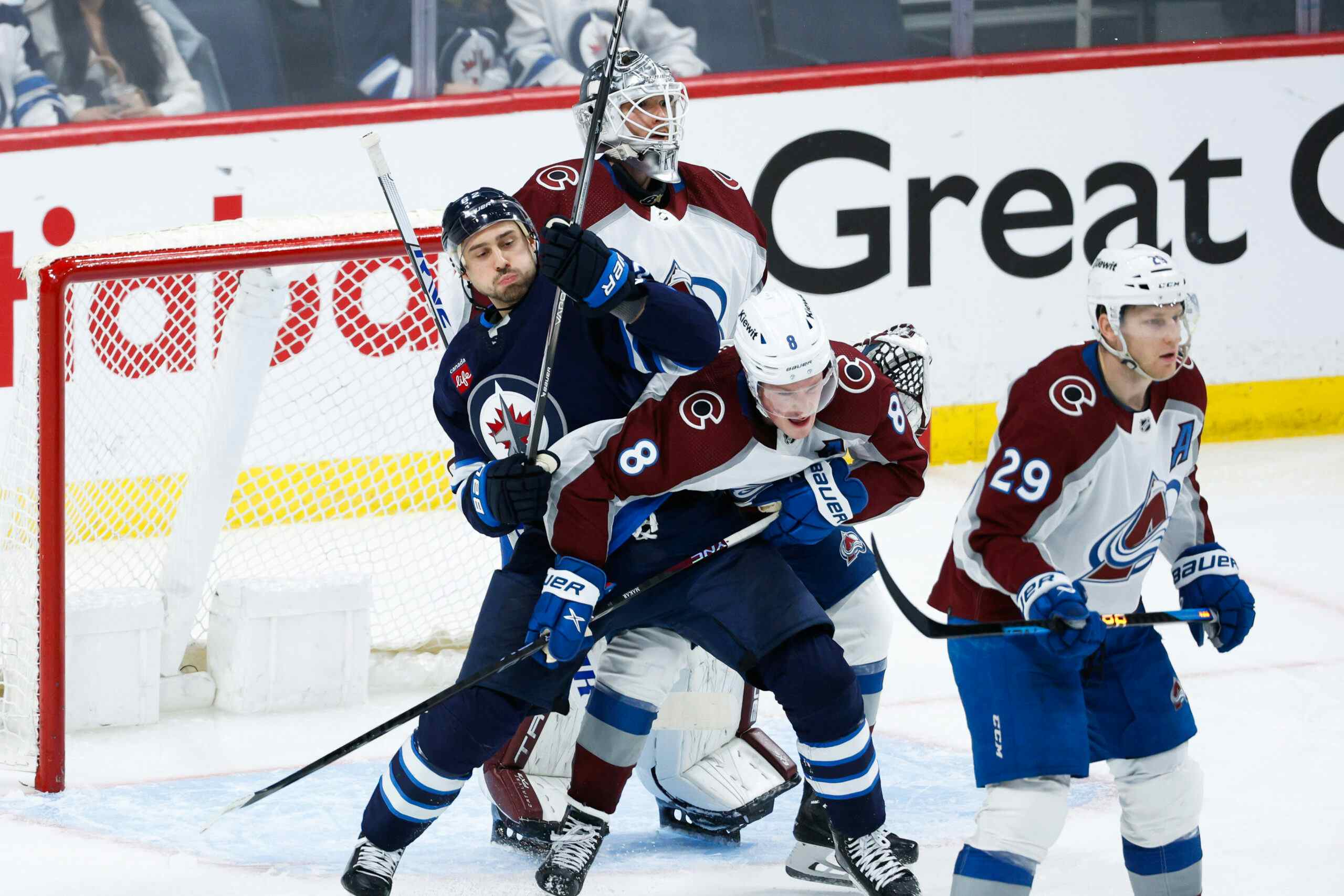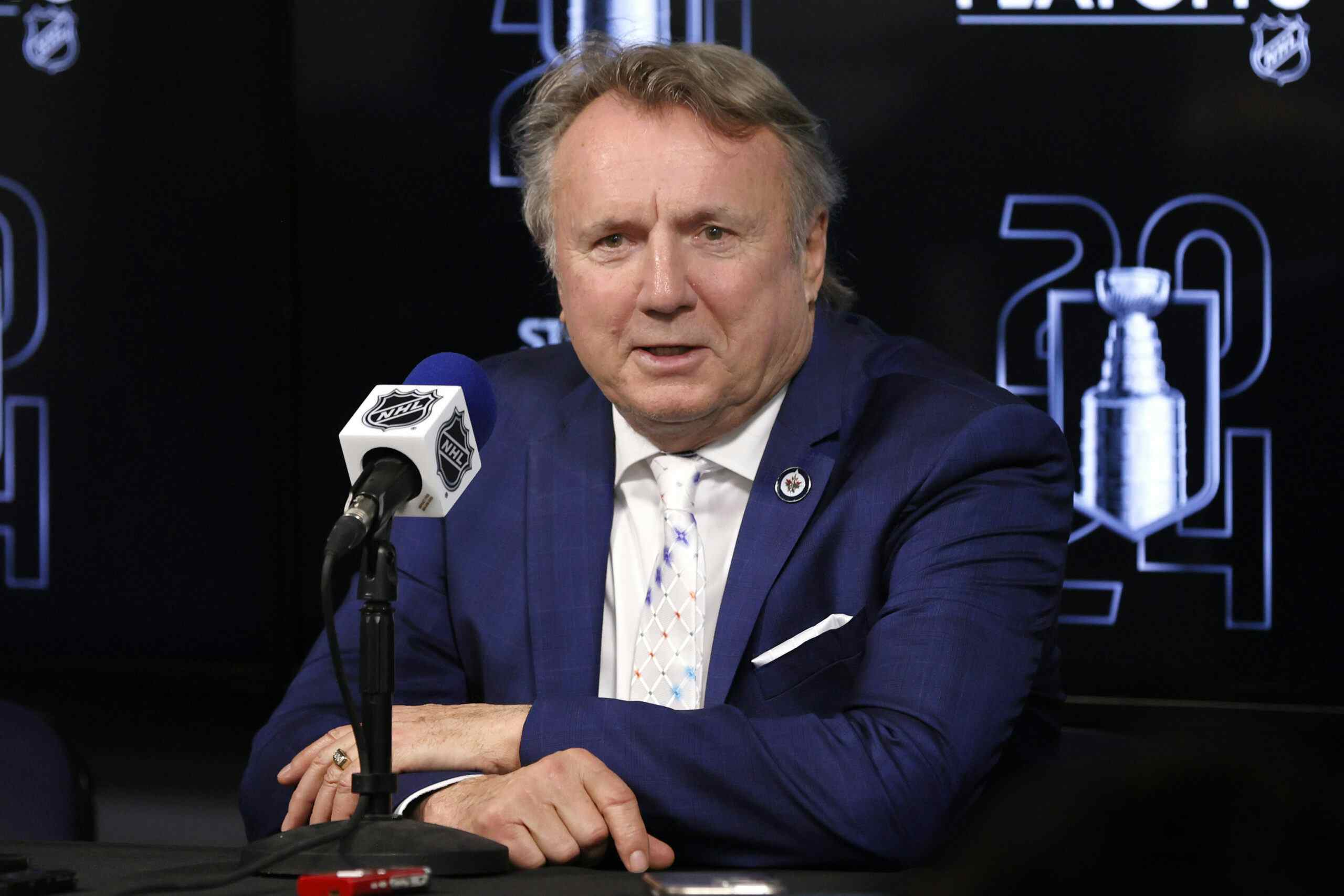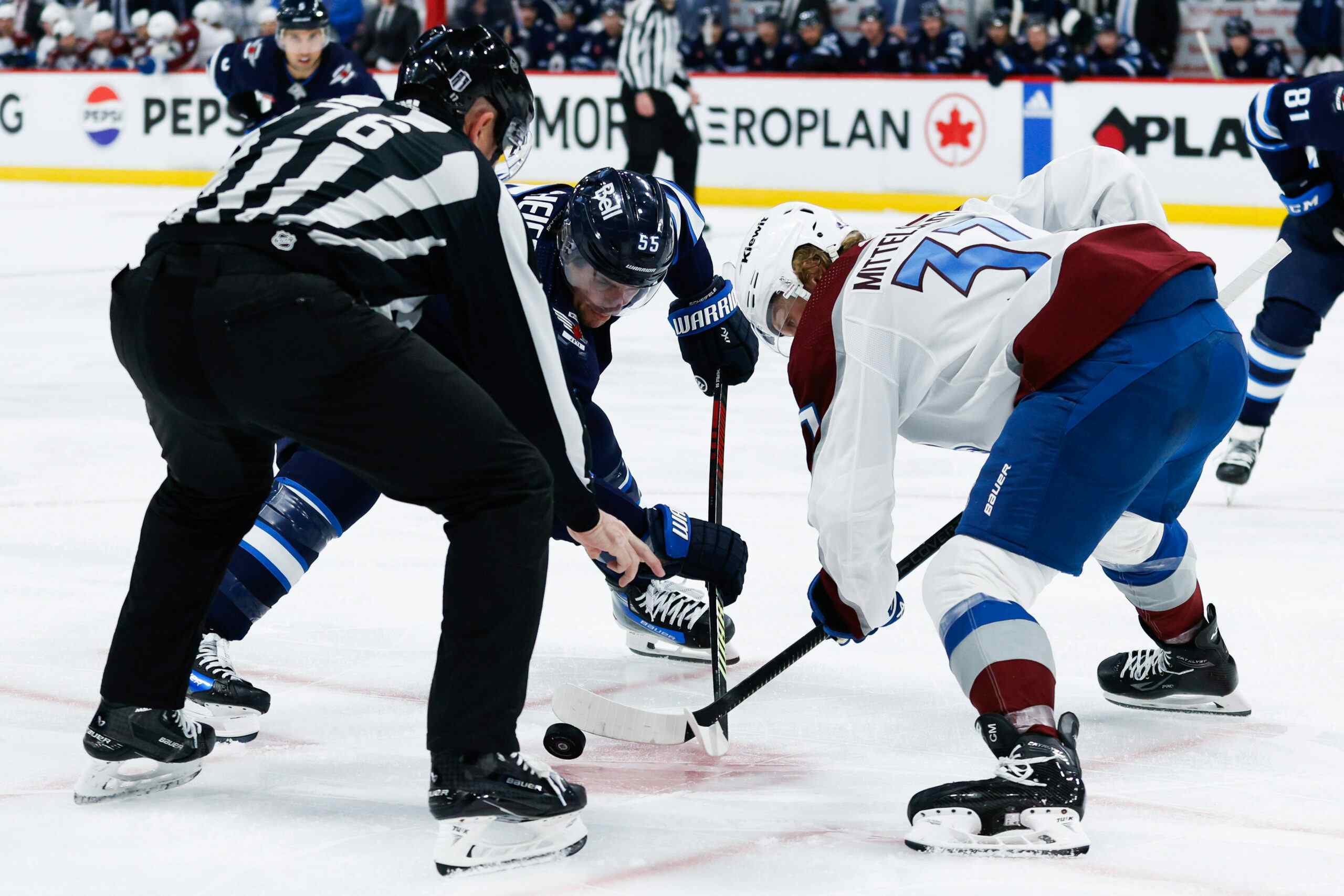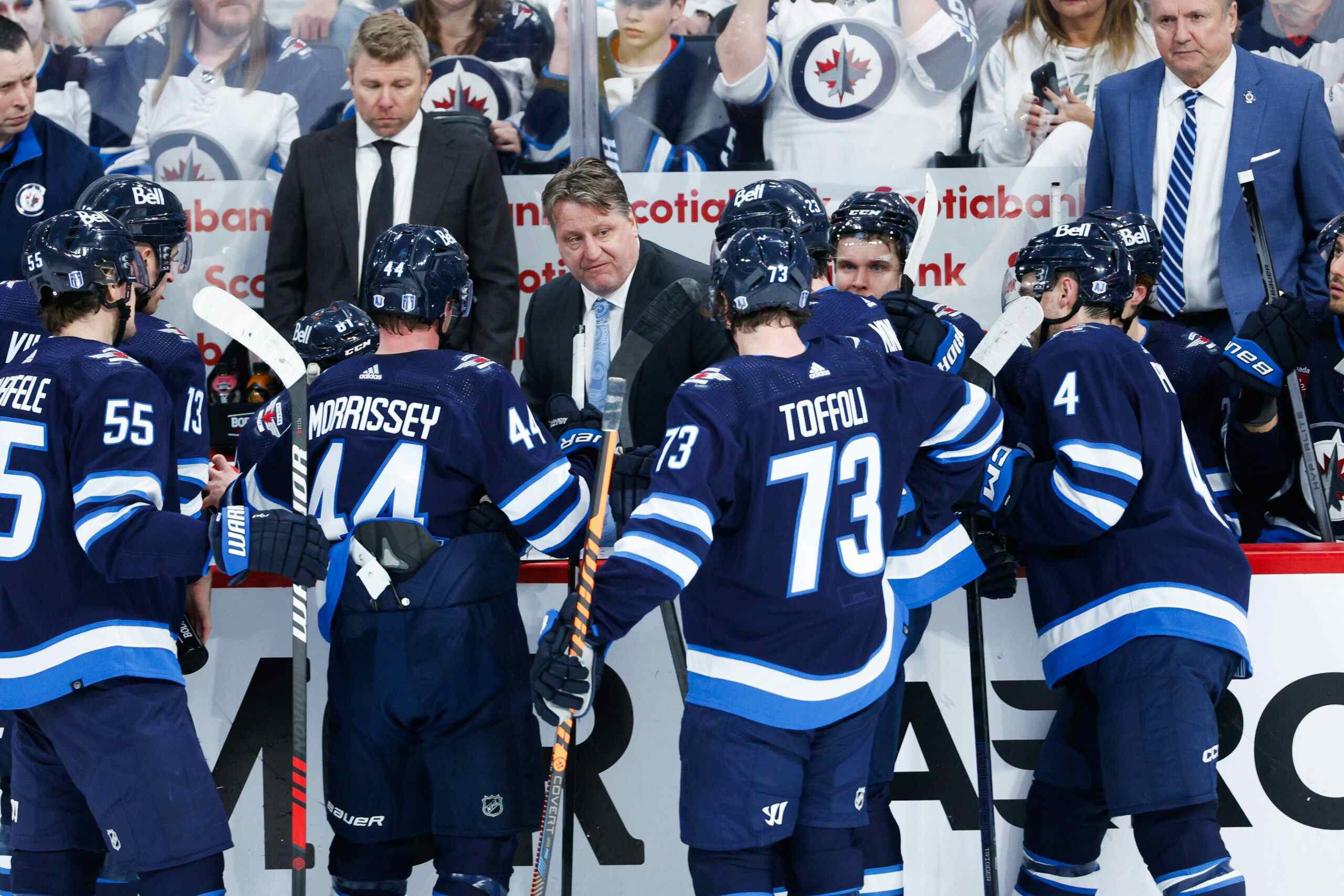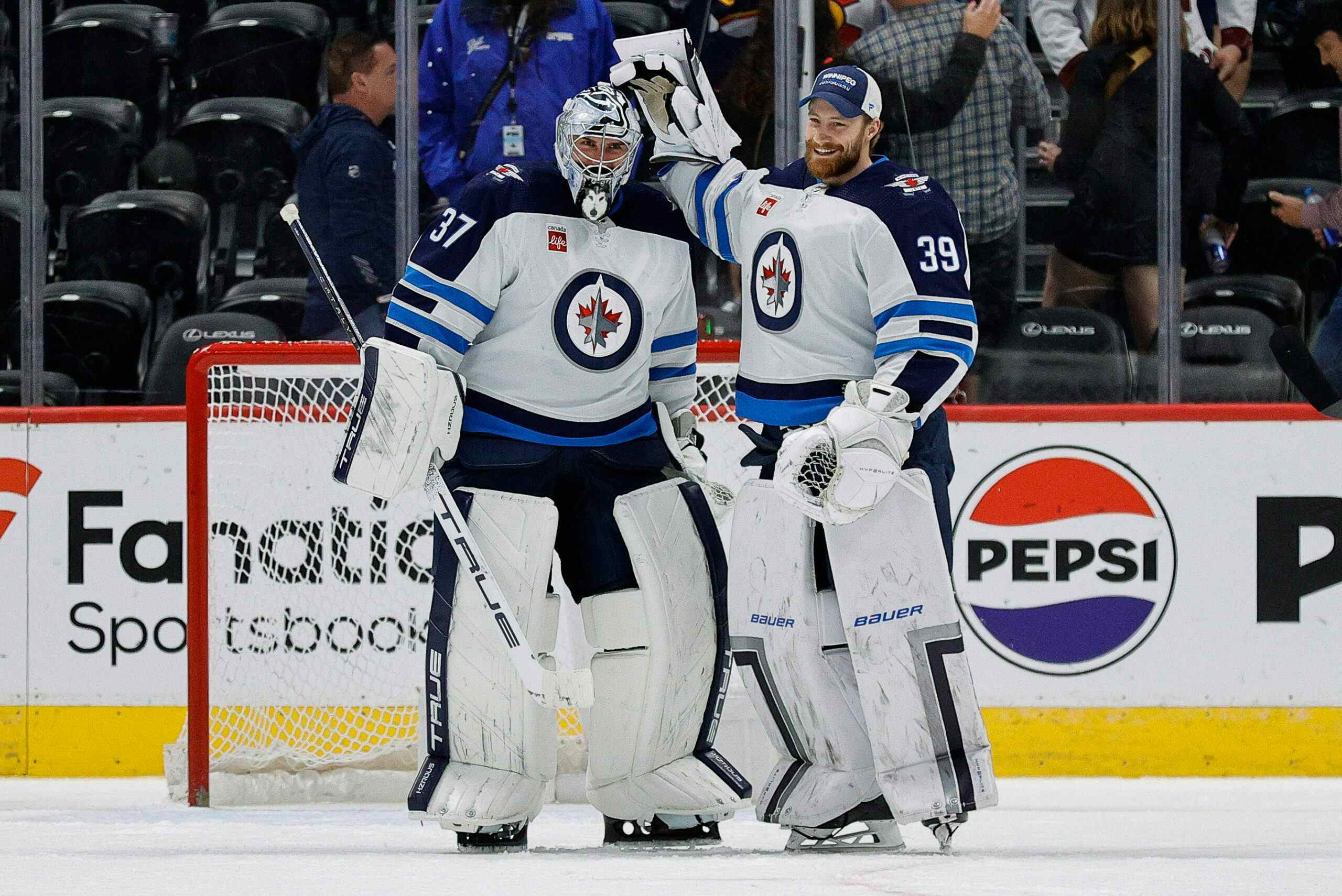It’s Time For The Jets To Develop A Winning Culture
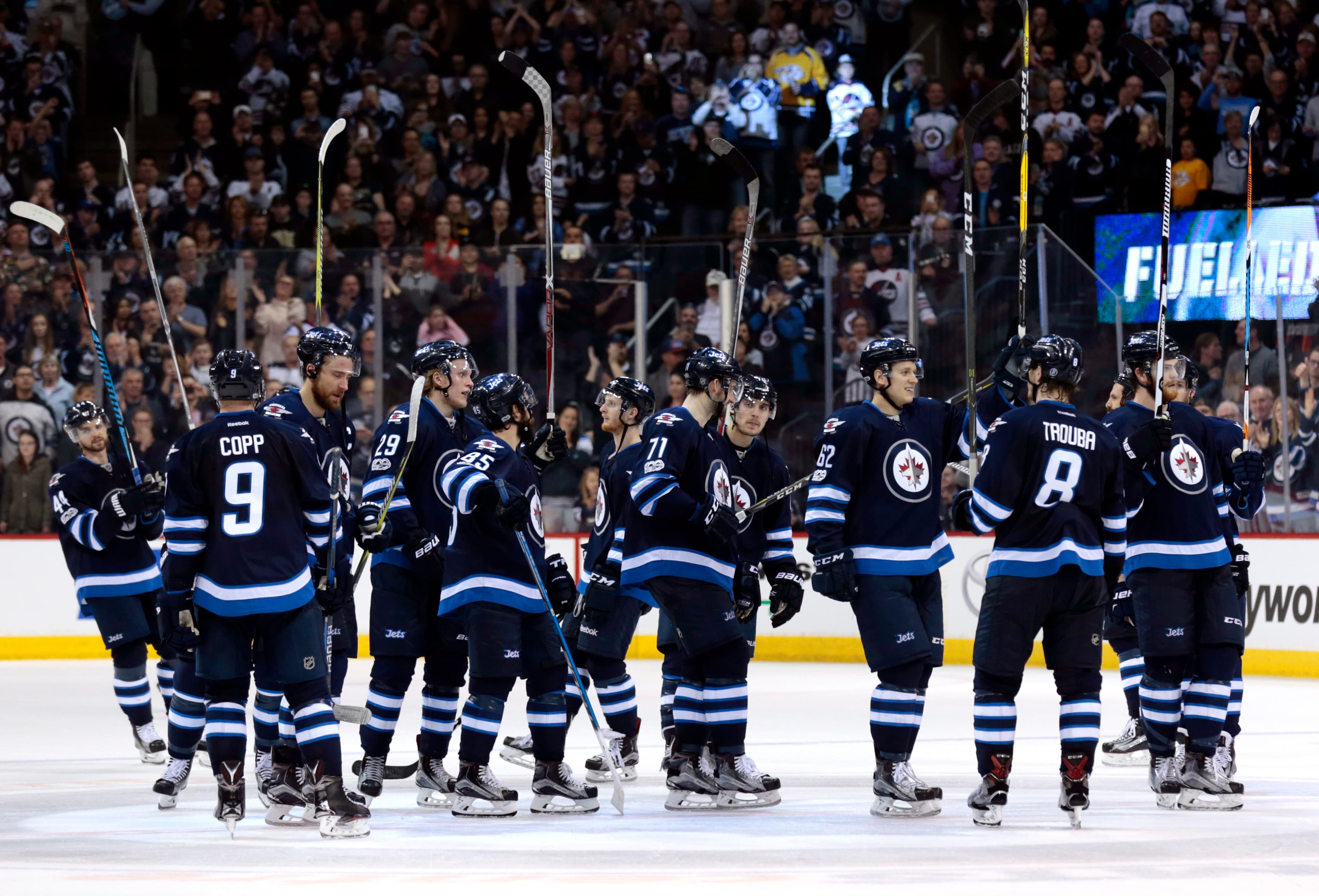
Over the last six seasons, the Winnipeg Jets don’t have a single playoff victory to boast.
Not one.
But Jets fans will always remember the little taste of playoff hockey they got back in 2015, when the Jets squeaked into the postseason in virtue of a wild-card spot and faced the Ducks in round one. Upon the Jets clinching a berth in the postseason, the city of Winnipeg came alive, with fans celebrating the team’s playoff berth on Portage and Main, and in part, it seemed as though reaching the playoffs marked the end of the four dreadful seasons the team had suffered beforehand. And even after the Jets got swept, the “Go Jets Go” chants continued to rain down from the stands at the MTS Centre, as fans, media, and those around the team seemed to feel as if the Jets were heading on an upward trajectory.
Yet, after a relatively encouraging season, Jets’ general manager Kevin Cheveldayoff decided to shift the team’s focus back to the development of their young players, and expectedly it came at the expense of winning hockey games. Winnipeg said goodbye to two-way pivot Michael Frolik and Lee Stempniak (Who wanted to remain a Jet), and welcomed to unproven prospects, Andrew Copp and Nic Petan, to their lineup, who in hindsight could have used a full season in the AHL before making the leap to the big leagues.
From the second the 2015-2016 season got underway, the message was clear. This team’s focus on winning was postponed, with their preferred window slated two-three years in the future, and as a result of that, it was time to focus on the team’s prospects–not winning hockey games.
Over the last decade, we’ve seen NHL teams opt to over-ripen their young prospects in the AHL, rather than throw the younglings into the fire of the NHL, and hoping that they tread water. With that said, it was particularly odd to see the Jets opt to give Copp and Petan spots on the Jets roster, rather than place two veterans in their slots as stop-gap options until Copp and Petan are consistently producing in the AHL, and knocking on the door for spots.
Frankly, the most underrated part of development is the impact of a winning culture.
During the 2014-2015 season, Mark Scheifele, Jacob Trouba and Adam Lowry served integral roles for the Jets, only to see a dip in their production as the Jets regressed. Giving the prospects the keys to the team and letting them just run with it isn’t the best course of development, but rather, having quality players surrounding them to a) battle for ice-time and b) make the team better, are invaluable to a players NHL upbringing.
After a disappointing 2015-2016 season, the Jets got lucky as they landed the second overall pick, which they used on Patrik Laine. Laine’s arrival in Winnipeg created a huge sense of optimism surrounding the club, and there’s no surprise as to why, as Laine finished his rookie season with 36 goals, and a Calder Trophy nomination. Despite Laine’s arrival, the Jets kept their tactics in neutral mode, opting not to fill the team’s long-tenured gaps at left defence and between the pipes, and going forward with practically the same roster as the year prior.
As a result of that, the Jets missed the postseason, once again.
Same old, same old.
Now fast forward to this offseason, where Cheveldayoff finally made the long-awaited adjustments to this roster by inking left-handed defenceman Dmitry Kulikov to a three-year deal, while also adding some insurance between the pipes as they signed Steve Mason to a two-year deal. Along with some insurance on the backend and in net, the Jets young-guns up-front are a year older and they’ve got a nice group of veterans to go along with the young crop.
On paper, the Jets look pretty good from top to bottom, but with that said;
Can the Jets finally deliver in this make-or-break year?



The pressure’s certainly on, because if this team doesn’t deliver, there’s going to be a negative domino effect, and it’s not just pertaining to the job security of Paul Maurice and Kevin Cheveldayoff.
If the Jets continue to sulk in mediocrity, they’re not just going to continue having trouble luring Free Agents to ‘Winterpeg’, but they may find themselves having trouble retaining unsigned players of their own.
As you can see above, several notable names on the Jets roster have expiring contracts within the next year or two.
In the case of Jacob Trouba, a player that held out for the first month of last season, it’s going to be fairly difficult to convince Trouba to re-sign a contract, let alone a long-term deal, if the Jets don’t show some legitimate progression this season. It wouldn’t be far-fetched to assume Trouba’s reasons for holding out were not solely based on his playing time and which side of the blueline he played–he may not want to play in Winnipeg.
If Trouba is indeed set on leaving Winnipeg, then we could very well see another headache of a contract negotiation. But, if the Jets put up an impressive season this year, and show legitimate progress, that could incline Trouba to stay, as it could present the best hockey situation for himself.
Bryan Little, who turns 30 in November, is yet to have a real crack at hoisting Lord Stanley, as he has no playoff experience aside from team’s first-round exit in 2015. Little, who has spent his entire 10-year career with the Atlanta/Winnipeg franchise and has made it known he’d like to stay in Winnipeg, may very well test the open market next offseason if the Jets aren’t in a position to become contenders in the near future. And at the end of next season, Blake Wheeler will need a new extension as well, and a competitor of Wheeler’s nature likely wouldn’t stick around if the Jets were to continue their pattern of mediocrity. Wheeler wears his heart on his sleeve and he’s displayed his frustrations throughout the many losses the Jets have endured over the years–he’s not content with taking things ultra slow on this rebuild.
If Little and Wheeler were to test the open market, the Jets may not be able to retain them, as things could get tight if/when Nikolaj Ehlers and Patrik Laine sign their long-term deals with the Jets. The Jets would be hoping for some sort of a hometown discount, or at least to get a deal done mid-season, to save themselves from cap hell. The clock is ticking, and if the Jets don’t start to show some legitimate progress– Little and Wheeler will surely test the open market, and those are two veterans that are hard to replace.
Wheeler and Little fit perfectly into this core, as they continue to produce at a top-notch level, while also serving as leaders for this young team. They’re not replaceable, and the Jets need to get things going in order to retain two of their longest-tenured players.
The window for this Winnipeg Jets team isn’t in 2-3 years, it’s now.
For Kevin Cheveldayoff, that means doing anything in his power to get this team going, even if that means letting go of head coach Paul Maurice if the team starts to dip off. The “five-year plan” is a year overdue and Chevy’s seat continues to get warmer– as it should. It’s time to focus on winning hockey games in April, rather than winning the draft lottery in June.
With core players like Josh Morrissey, Patrik Laine and Nikolaj Ehlers on entry-level deals, and with Bryan Little and Blake Wheeler under contract and at the peak of their prime years, the Jets need to take advantage of what may be a brief opening of a window where they can be strong contenders. A lot of that will depend on the team quickly developing a winning culture.
Recent articles from Jacob Stoller


